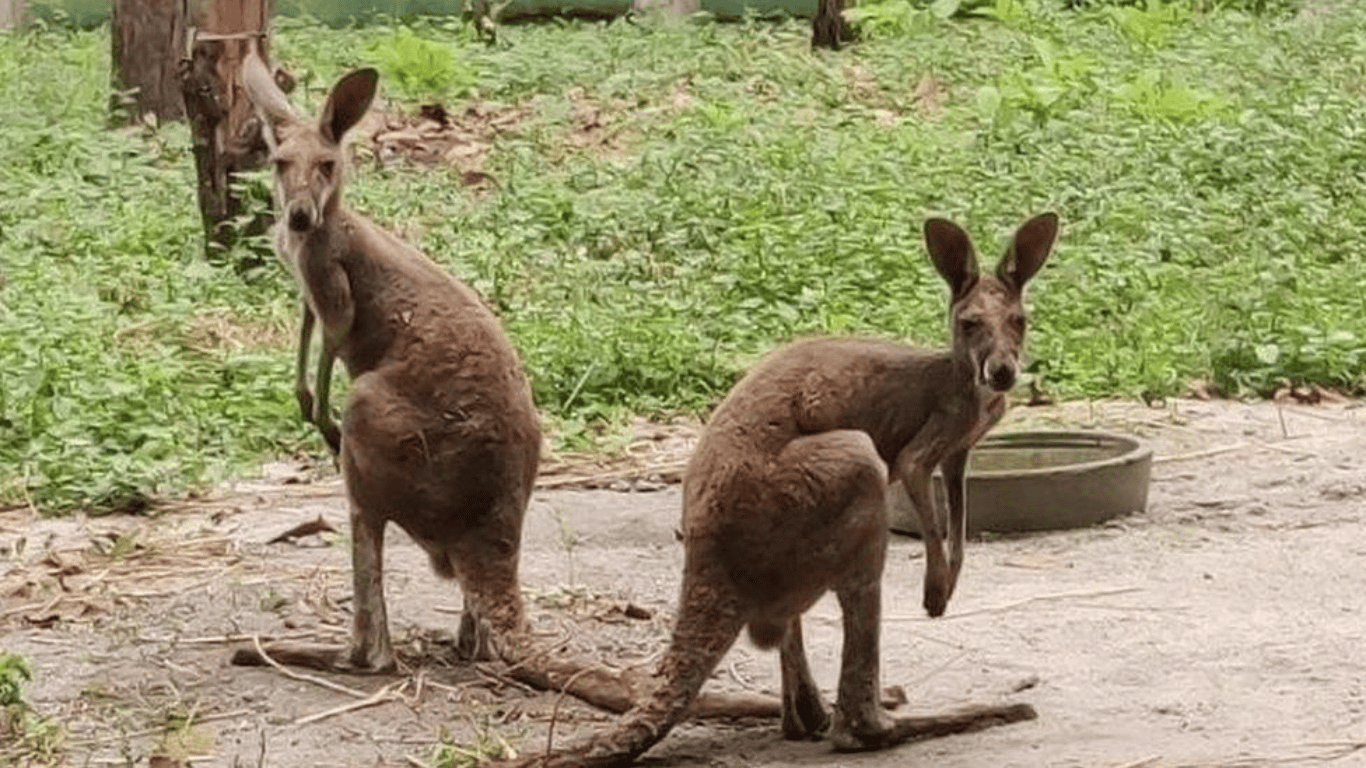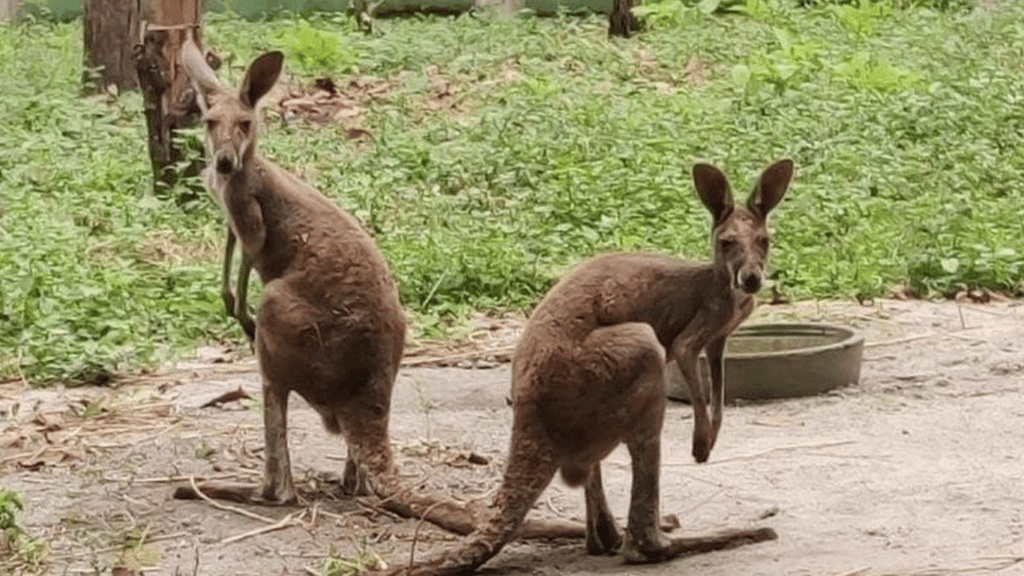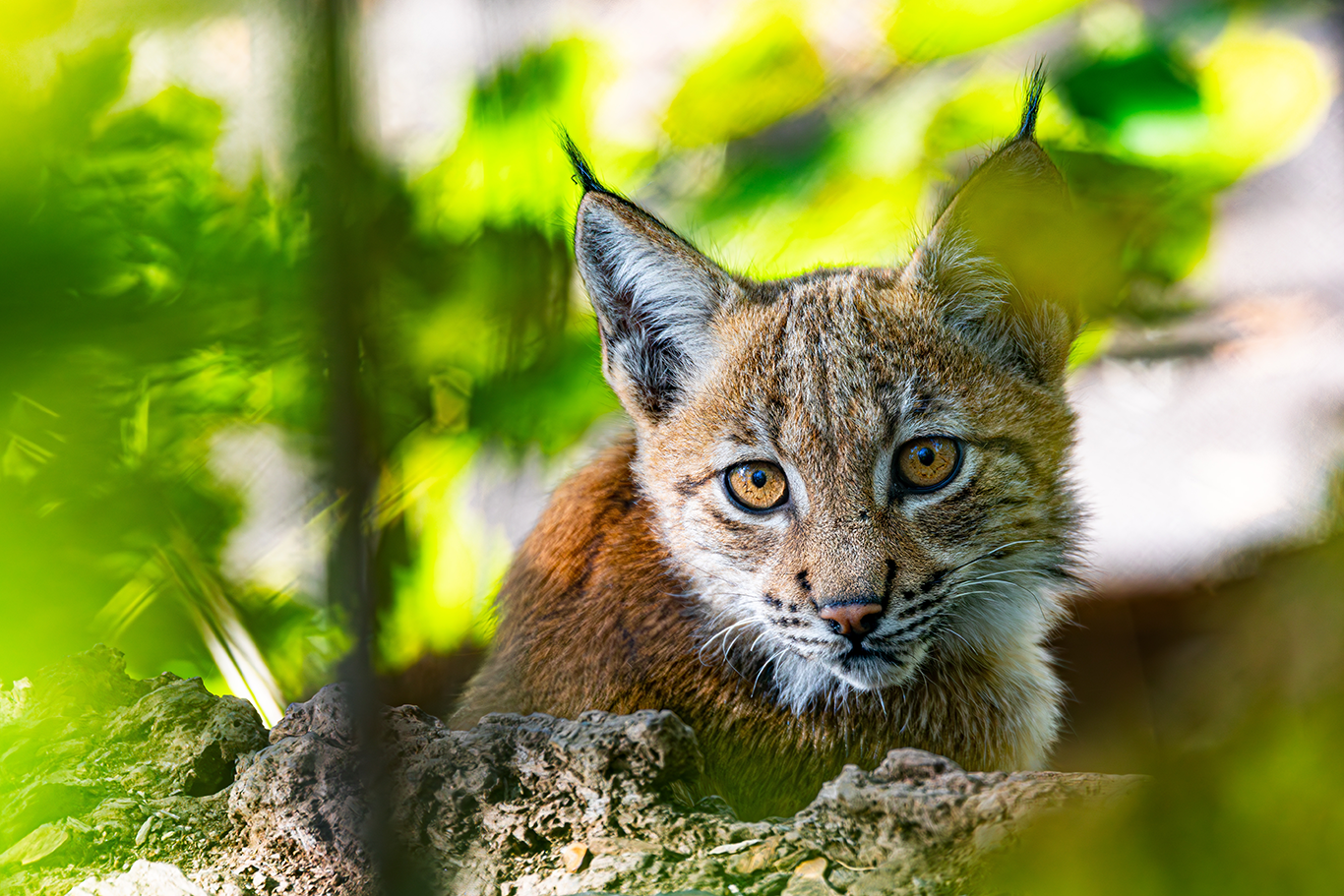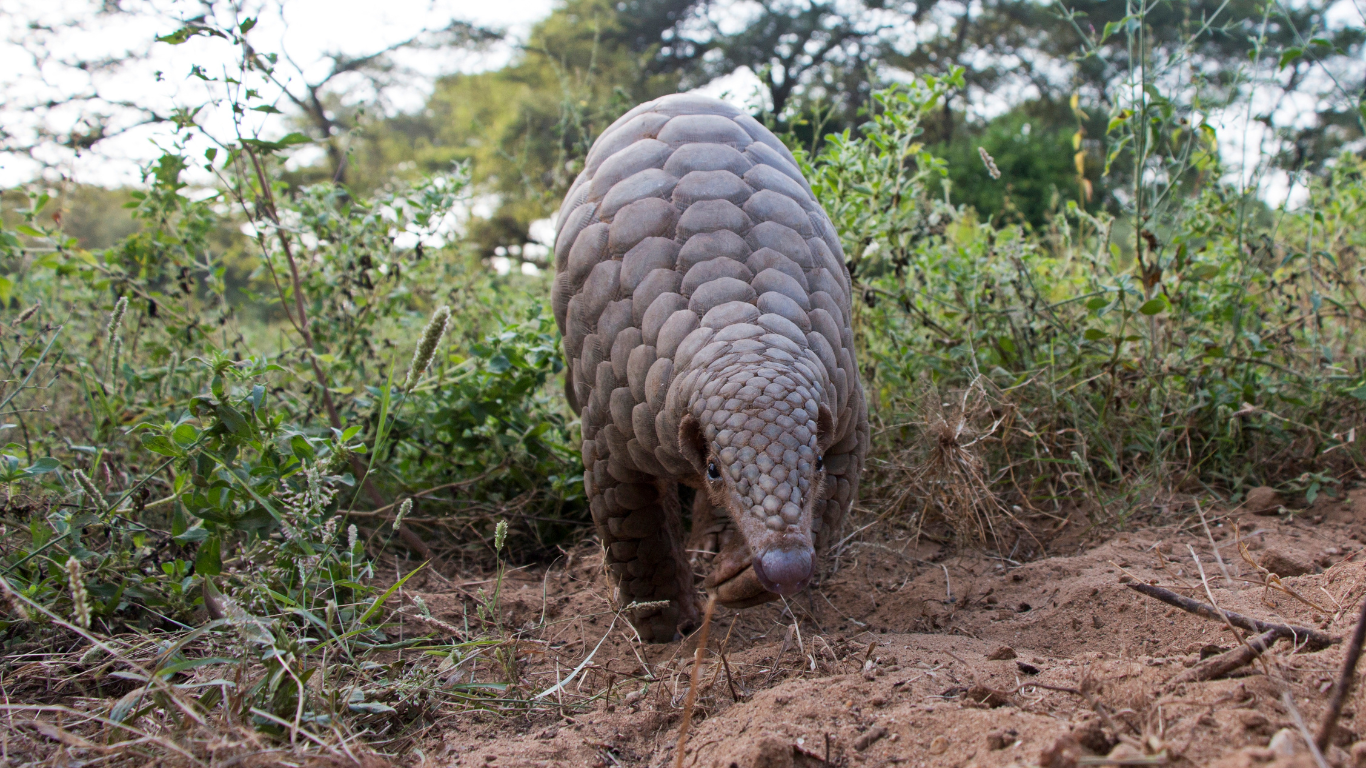India's anti-smuggling intelligence agency, the Directorate of Revenue Intelligence (DRI), says that the country has seen a rapid rise in the demand for exotic animals. Customs authorities have witnessed an extreme spike in the illegal trafficking of exotic animals from Southeast Asia in particular. According to the UN Environment Programme (UNEP), elephant tusks, pangolin scales, tiger skins and Indian star tortoises are just a few of the wildlife parts that have been confiscated at Indian airports. However, the latest case involves the smuggling of three live kangaroos (native to Australia) to the eastern Indian state of West Bengal.
After receiving a tip-off from the local residents, forest officers acted fast, rescuing the three smuggled kangaroos from Gajoldoba Forest in the Jalpaiguri district. It is suspected that the smugglers caught wind of the impending raid and abandoned the animals in fear. Weak, confused and upset, the marsupials were rushed to a wildlife park for emergency treatment. Unfortunately, one of them did not survive. The remaining two kangaroos are suffering from severe muscle atrophy as a result of being squeezed into a small space while being smuggled. Now confined to a foreign environment, the animals will likely live out the rest of their days in captivity.
West Bengal State officials believe that the illegal pet trade is responsible. Owning an exotic pet is considered prestigious in India and has become increasingly popular in recent years. The demand for these animals is also rooted in the traditional belief that their parts are vital ingredients in superstitious rituals.
Indian wildlife officials often find they can't prosecute smugglers because India's Wildlife Protection Act doesn't protect non-native, exotic animals. The DRI said that since a ban on trade in native animal species is in force, smugglers have shifted to exotic species, with disastrous global environmental consequences.
Customs officials have the authority to halt the transportation of wild animals if individuals do not hold the appropriate permits, but they find it difficult to track illegal trade through penetrable borders. Lawmakers are reviewing an amendment to India's Wildlife Protection Act which would bring exotic species protected by CITES provisions under their protection.
This illegal trade is expected to get worse, as a recent report by wildlife monitoring group TRAFFIC found that more than 70,000 native and exotic animals were trafficked through 18 Indian airports between 2011 and 2020 alone.
“Loopholes in legislation and weak law enforcement have led to the illegal wildlife trade becoming one of the world’s largest black markets,” says Tayla Lance of Animal Survival International (ASI). “In recent years, wildlife crime has become the most serious threat to the survival of some of the planet's most endangered species.”
Banner image credit: BBC News | Bengal Safari Park





